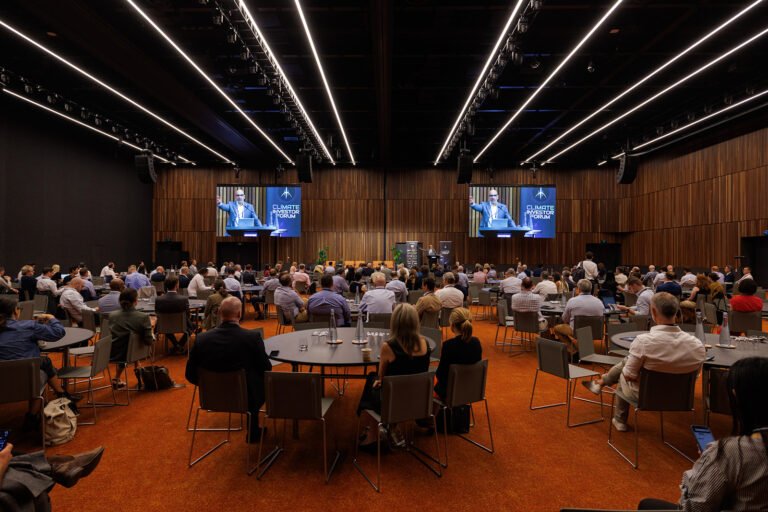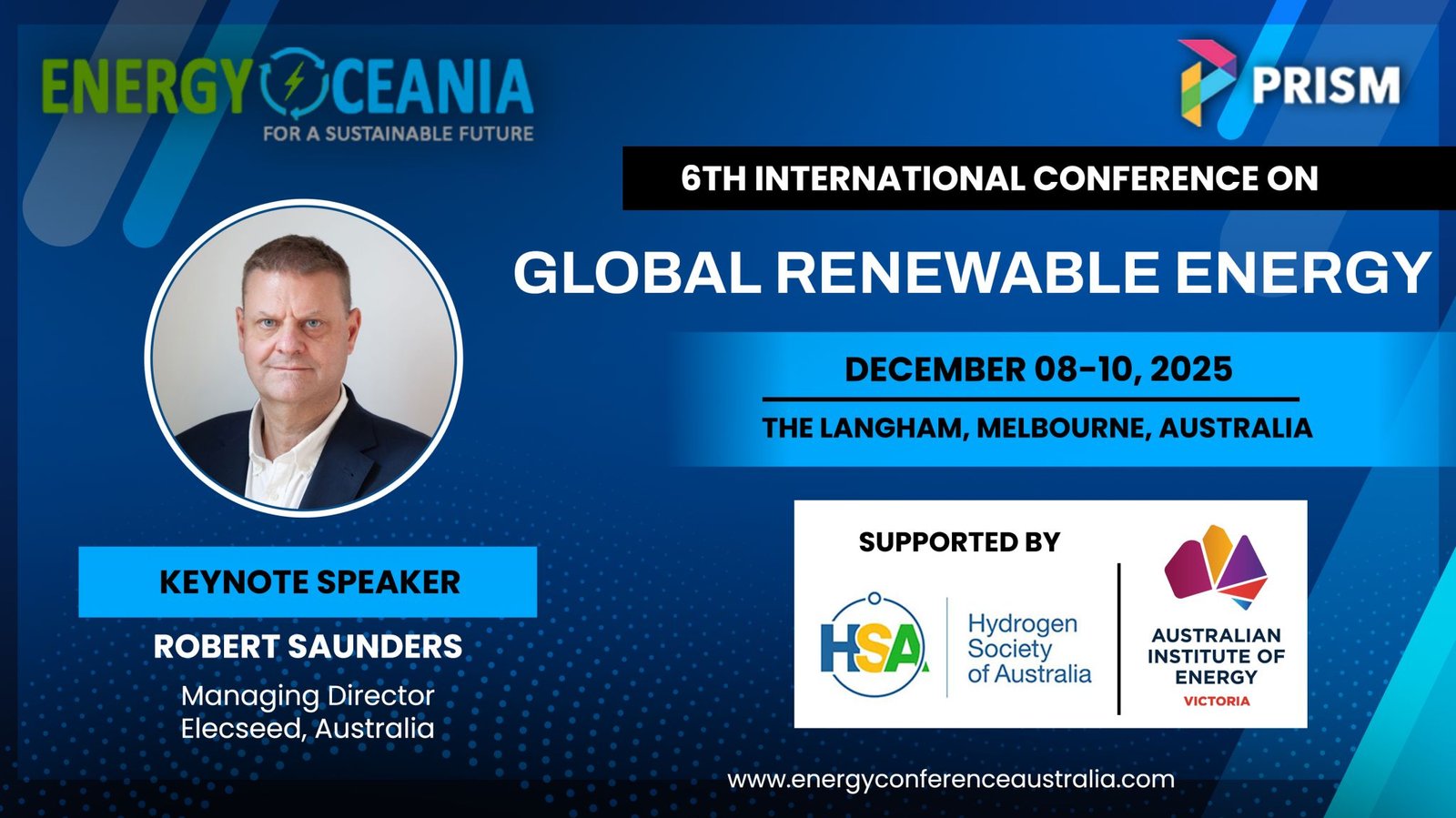AS Papua New Guinea scrambles to avoid financial grey-listing by February 2026, the fallout threatens Australian mining investments, exposes Asia-Pacific’s governance crisis, and forces a reckoning on whether ESG can survive without clean money.
Papua New Guinea is running out of time.
The country has entered an observation period under the Financial Action Task Force (FATF) review of anti-money laundering and counter-terrorism financing standards. Prime Minister James Marape has issued a “no-excuses” directive to all state agencies: prevent grey-listing by October 2025 — now extended to February 2026.
But the Bank of PNG has already conceded the likely outcome. In a media statement, the central bank acknowledged that despite efforts, “it is expected that PNG will be grey listed.”
If that happens, the consequences ripple far beyond Port Moresby.
Australia: Most Exposed, Most to Lose
No country has more at stake than Australia. Deep economic, strategic, and security ties mean grey-listing PNG will hit Australian investors hardest.
Mining on the Line
PNG and Australia share a mining-dependent relationship, with geographic proximity and multinational partnerships making PNG a critical market for Australian mining equipment, technology, and services.
Major Australian-linked operations at risk include Newmont Corporation’s joint ventures, Harmony Gold’s 50% stake in the Wafi-Golpu project, K92 Mining’s active gold operations, and dozens of METS (Mining Equipment, Technology & Services) companies.
The Numbers Are Brutal
Capital inflows decline an average of 7.6% of GDP following grey-listing, according to World Economic Forum analysis. Some financial institutions may “de-risk” entirely — cutting off all PNG business to avoid compliance costs.
SWIFT data analysis shows grey-listing reduces international payments to affected countries by up to 10%.
What Australian Investors Face
Enhanced due diligence: Compliance teams must incorporate FATF country risk assessments into every PNG-linked transaction.
Insurance headaches: Political risk and operational coverage will spike in cost — or become unavailable entirely.
Banking restrictions: Foreign banks may reject PNG transactions outright. Accounts could be revoked. Administrative delays will multiply.
Government bond risk: PNG borrowing costs will climb, making sovereign bonds less attractive to Australian institutional investors and superannuation funds.
Bank of PNG Governor Elizabeth Genia has acknowledged grey-listing typically adds 7-10% to international business costs in affected countries.
ESG’s Governance Problem
Grey-listing isn’t just a compliance issue. It represents a fundamental “G” failure in Environmental, Social, and Governance frameworks — and Australian companies with PNG exposure will face cascading consequences.
The Reporting Squeeze
Australia’s mandatory climate target reporting expands over the next three years. Simultaneously, the reformed AML/CTF regime demands updated compliance policies. In-house legal teams face a double compliance burden.
Rating Downgrades Incoming
Australian companies with PNG investments face lower ESG scores from rating agencies, investor pressure to divest, heightened scrutiny in sustainability reports, and potential exclusion from ESG-focused funds.
Asia-Pacific’s Dirty Secret
PNG’s predicament exposes a region-wide problem: the uncomfortable collision between ambitious ESG adoption and persistent illicit finance.
Corruption Runs Deep
Transparency International’s 2024 Corruption Perceptions Index placed eight of ten ASEAN nations in the higher-risk category. Indonesia ranks 99th out of 180 countries. Recent arrests of PT Pertamina subsidiary executives revealed alleged state losses of approximately $12.5 billion.
PwC found 32% of Southeast Asian respondents reported supply chain misconduct, with another 26% reporting third-party misconduct — bribery being the primary form.
The ESG-Crime Paradox
As Hogan Lovells partners Chalid Heyder and Liam Naidoo warned: “Many so-called ESG programs — carbon offsetting and nature-based climate mitigation, for example — are vulnerable to corruption. They can even fuel corruption because they create large money flows into jurisdictions with weak governance and few controls.”
The paradox is stark: billions flow into ESG-labelled projects across Asia-Pacific while corruption and money laundering flourish in the same environments.
Australia Cracks Down on Greenwashing
Regulators aren’t waiting for the region to clean up.
In November 2024, the Australian Securities and Investments Commission confirmed greenwashing enforcement remains a 2025 priority. In March 2025, the Federal Court fined Active Super $10.5 million in a landmark greenwashing case — the provider claimed certain investments were excluded while secretly holding them.
The message: ESG credentials without robust anti-corruption and AML controls are worthless.
The Path Forward
National anti-corruption agencies across Indonesia, Malaysia, India, and China have bolstered investigation powers. Australia’s National Anti-Corruption Commission completed its first operational year. Regulatory intensity is unprecedented.
But high-risk sectors — corruption, fraud, illegal logging, illicit fishing, tax evasion — remain largely unchecked by successful legal action in PNG. Capacity gaps within key agencies persist across the region.
Prime Minister Marape framed the stakes clearly: “There is no economic progress if illegal money continues to circulate. Our financial system must promote genuine trade and transparent, traceable transactions.”
That principle should guide ESG investing across Asia-Pacific.
The Bottom Line
The era of separating “green” credentials from “clean” money is over.
As investors demand both strong ESG performance and financial integrity, companies must implement robust due diligence covering anti-corruption, money laundering, and supply chain transparency.
In Asia-Pacific’s next phase of sustainable development, ESG and anti-financial crime compliance are two sides of the same coin.
The region’s future depends on getting both right.
Background: What Is the FATF?
The Financial Action Task Force is an independent intergovernmental body established in 1989, headquartered at the OECD in Paris. It sets international standards on anti-money laundering, counter-terrorism financing, and counter-proliferation financing.
PNG joined the Asia Pacific Group on Money Laundering (APG) — the regional FATF body — in 2008. Its first mutual evaluation in 2010 revealed significant deficiencies. By 2014, PNG was grey-listed.
The country responded with sweeping reforms: establishing the National Coordinating Committee on AML/CTF, enacting five suites of AML/CTF laws, operationalising the Financial Analysis and Supervision Unit, and creating a Sanctions Secretariat. PNG was de-listed in February 2016.
Now, a decade later, it faces the grey list again.
Future Now Green News is a forward-thinking media platform dedicated to spotlighting the people, projects, and innovations driving the green & blue economy across Australia and Asia. Our mission is to inform, inspire, and connect changemakers through thought leadership and solutions-focused storytelling in sustainability, clean energy, regenerative tourism, climate action, and future-ready industries.












